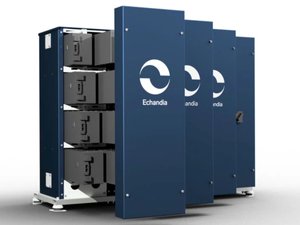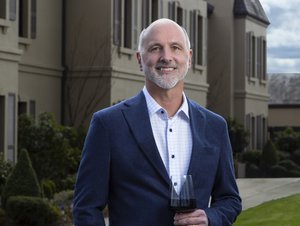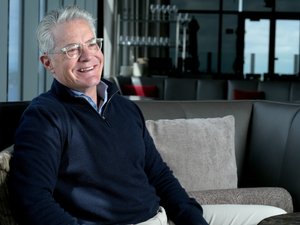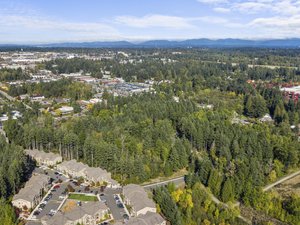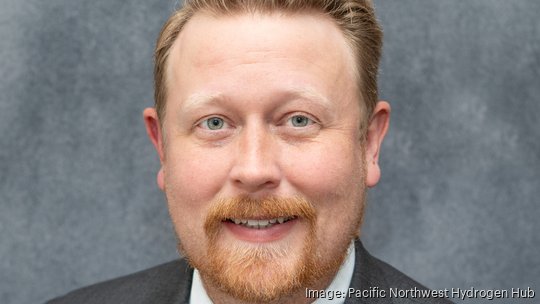
The Pacific Northwest Hydrogen Association (PNWH2), a multistate nonprofit focused on making hydrogen a viable fuel source, is mapping out big plans across Washington state with funding from the U.S. Department of Energy.
In July, the nonprofit received Phase 1 status and up to $27.5 million from the DOE as part of the Regional Clean Hydrogen Hubs program. The multiyear program could bring $1 billion in federal funding to PNWH2 over time.
"Phase 1 really might be a year or so. We'll see how long it takes, but it's not a lot of construction," said Chris Green, president of PNWH2. "Phase 1 is not a huge expenditure time period for us, but it's just very important prework to get going."
The initial phase focuses mostly on planning and analysis for eight proposed projects across Washington, Oregon and Montana.
PNWH2 has three projects planned for Washington. A project in Bellingham is aimed at heavy-duty transportation, another in Richland is focused on agriculture and a third project in Chehalis is focused on public transit.
Green said the bigger spending and funding won't happen for a couple of years after more permitting and design work. He added that the $1 billion in potential federal funding is matched against private companies putting money into these projects. The nonprofit won't incur the full cost for any particular project.
Related coverage
The nonprofit estimates these projects could create more than 10,000 jobs in the Pacific Northwest. AtkinsRéalis U.S. Nuclear, a project management company, is managing the PNWH2 hub.
President Joe Biden's 2021 Bipartisan Infrastructure Law is funding the $8 billion hydrogen hub program. PNWH2 is one of three hubs to have received awards already, and four additional hubs are in the award negotiation phase.
PNWH2 launched in 2022 as a mix of private and public entities, including representatives from tribal nations, higher education and business, among others.
According to the National Renewable Energy Laboratory (NREL), hydrogen can combine with oxygen to make heat and electricity, with the only byproduct being water vapor. The NREL notes, however, that issues remain around storing and transporting hydrogen, plus the production of hydrogen often requires nonrenewable energy sources like natural gas.
To make a thriving hydrogen economy, Green said the U.S. needs to increase both its supply and demand for hydrogen. The hydrogen hub program will help kickstart the supply portion, and he said the DOE will try to incentivize demand through tax breaks. The 20-year goal is for consumers to be able to fill up whatever equipment they need with hydrogen.
Still, questions loom about the future of funding as the November presidential election approaches.
"Of course, any number of things can change when there's a changeover in administration," Green said. "We don't really have enough information to prognosticate."
For more stories like this one, sign up for Seattle Inno newsletters from the Puget Sound Business Journal and the American Inno network.

